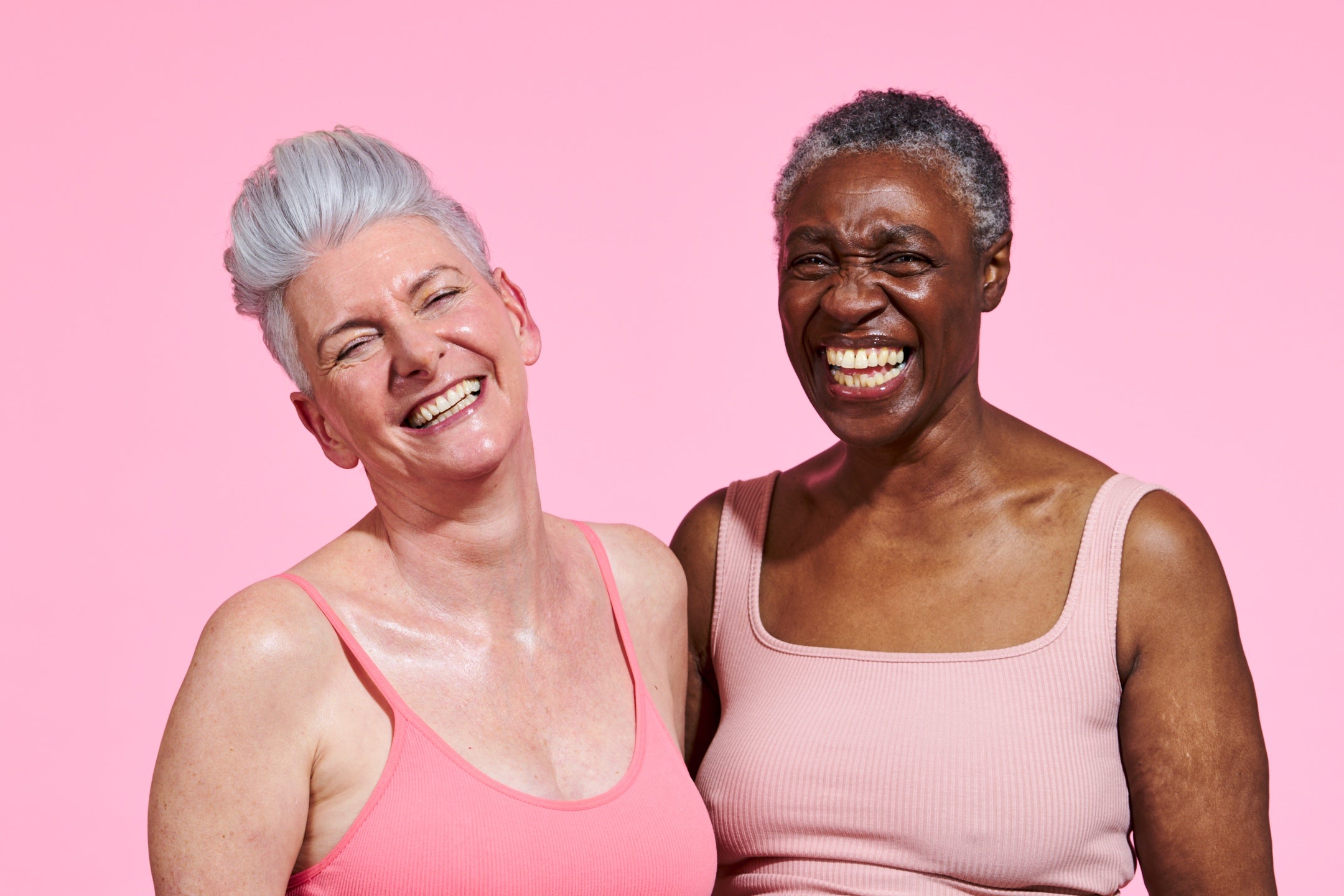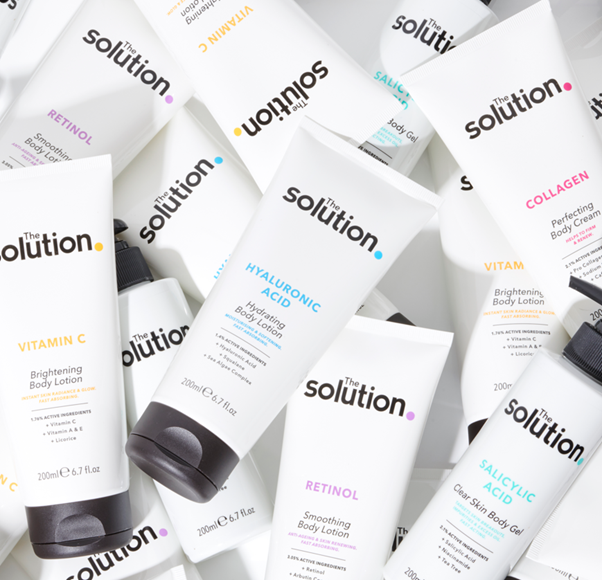What happens to our Skin as we Age

Ageing is an inevitable part of life, and as we grow older, our skin undergoes various changes that reflect our environment and stage of life. Understanding some of the science behind these changes can help us better care for our skin and embrace the ageing process with confidence. In this guide, we'll explore the science of skin ageing and provide insights into how to support your skin's health and vitality through every stage. While everyone will experience skin ageing, it’s important to remember that everyone’s skin is unique and various factors such as your environment, hormones, overall health and genetics can influence your personal skin journey.
Key Stages of Skin Ageing:
In Your 20s:
- Collagen Production: Collagen production begins to slow slightly, but the skin generally remains firm and elastic. From the age of 20, we lose approximately 1% of our natural collagen every year.
- Cell Turnover: Cell turnover also starts to slow down, leading to a slightly duller skin appearance.
- Being proactive with Preventative Care: Your 20’s is a great time to start incorporating preventative skincare to help maintain optimal skin health. It's essential to use daily SPF (did you know that UV is responsible for 90% of visible skin changes?) and moisturisers to protect the skin and maintain hydration. You may also want to look at introducing actives such a Retinol into your routine to promote more even tone and help promote cell turnover.
In Your 30s:
- Fine Lines: The first signs of fine lines may appear in your late 20’s or early 30’s de to a natural loss of collagen and elastin. They tend to be more prominent around the eyes and mouth where you are naturally more expressive.
- Decreased Elasticity: The skins elasticity naturally starts to reduce. Loss of firmness is also linked to the decline in Hyaluronic Acid production in the skin. As we age, production of Hyaluronic Acid slows and our skin becomes drier, loosing its youthful plump appearance.
- Pigmentation: Dark spots or hyperpigmentation can become more noticeable, often caused by sun exposure.
In Your 40s:
- Wrinkles: Wrinkles become more prominent as collagen continues to decrease.
- Dryness: The skin may become drier due to a decline in natural oil production and other lifestyle factors. Shop our Menopause Overnight Recovery Treatment for clinically proven long-lasting skin hydration*.
- Thinning Skin: The skin starts to thin, making it more susceptible to damage and bruising.
In Your 50s & Beyond:
- Deeper Wrinkles: Wrinkles can start deepen and become more common, especially on sun-exposed areas.
- Reduced Fat: A loss of fat beneath the skin can lead to a hollowed appearance, particularly in the cheeks and under the eyes.
Skin ageing is a natural process and not something that should be feared. It’s a privilege to be healthy and age naturally, and the skin changes that accompany each stage of life are normal, natural and experienced by each and every one of us. Whilst we can’t stop the aging process, there are steps you can take to protect the skins health overtime.
How to prevent premature skin ageing?
- Wearing SPF and sun protection everyday
- Keeping your skin hydrated
- Eating a healthy balanced diet
- Regular exercise
- Not smoking
- Avoiding high stress levels
Understanding how our skin ages and the factors that influence this process can allow you to take proactive steps to maintain its health and radiance. Embrace the ageing journey with knowledge and confidence, always prioritising sun protection, a consistent skincare routine, and a healthy lifestyle – so that you can age gracefully and enjoy healthy skin for years to come.
*Clinical instrumental 8-hour hydration test with 10 subjects.

